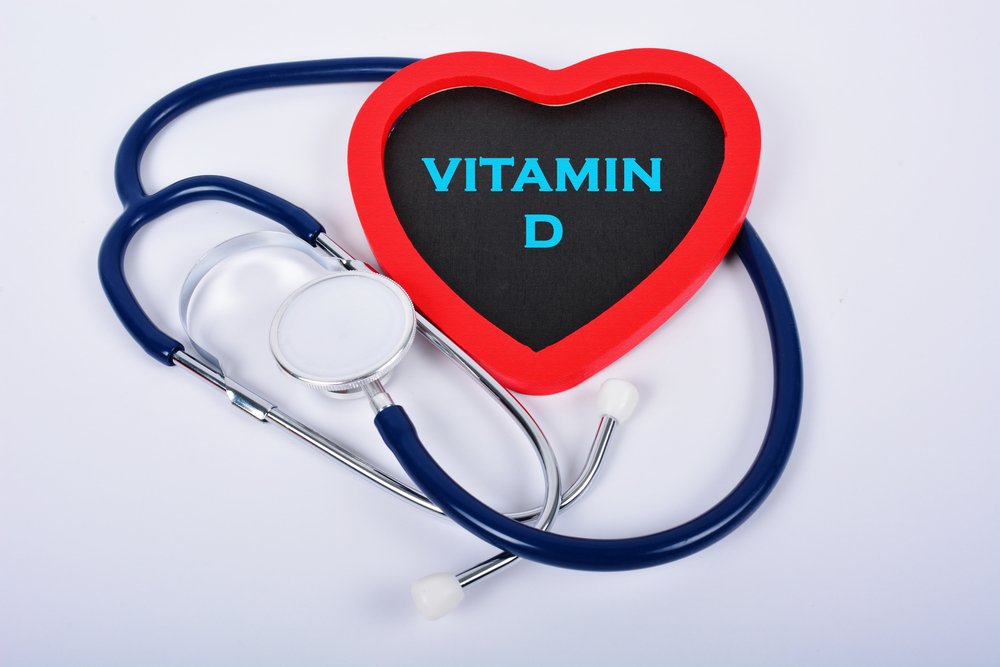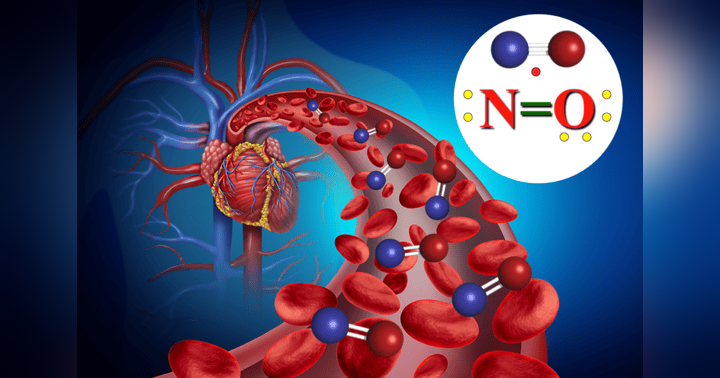
by Richard Z. Cheng, M.D., Ph.D.
If it seems like many of the same names keep appearing in the Vitamin D conversation-it's not a coincidence. This latest publication [1] on Vitamin D and cardiovascular health is authored by a team of long-time advocates and researchers, most of whom also serve as board members of the Orthomolecular Medicine News Service (OMNS). Together, we've spent years reviewing the science, challenging outdated guidelines, and pushing for patient-centered, health-oriented, evidence-based medicine.
In this paper, I joined esteemed colleagues:
- Dr. William B. Grant (USA)
- Prof. B.J. Boucher (United Kingdom)
- Dr. Pawel Pludowski (Poland)
- Prof. Sunil J. Wimalawansa (Sri Lanka/USA)
...to present a global narrative review of the evidence connecting vitamin D sufficiency to cardiovascular disease (CVD) risk reduction.
This work builds upon our earlier publication:
Grant WB, Wimalawansa SJ, Pludowski P, Cheng RZ. Vitamin D: Evidence-Based Health Benefits and Recommendations for Population Guidelines. Nutrients. 2025 Jan 14;17(2):277. PMID: 39861407; PMCID: PMC11767646
That foundational review offered a sweeping summary of vitamin D's role across a wide range of health conditions. Now, we focus the lens specifically on heart health-the world's leading cause of death.
Key Observational Evidence
Across numerous large-scale population studies, one finding consistently emerges: low vitamin D levels mean higher cardiovascular risk.
- Serum 25-hydroxyvitamin D [25(OH)D] levels below 40-50 nmol/L (~16-20 ng/mL) are associated with significantly increased rates of CVD and cardiovascular mortality.
- Seasonal and geographic patterns support this, with CVD events peaking in the winter and in northern latitudes-both times and places where vitamin D levels drop.
How Vitamin D Protects the Cardiovascular System
Vitamin D supports cardiovascular health through multiple physiological mechanisms:
- Regulation of the Renin-Angiotensin System (RAS): Helps reduce blood pressure
- Anti-inflammatory and antioxidant activity: Reduces vascular inflammation and oxidative stress
- Endothelial function & plaque stability: Preserves vascular integrity and may help prevent rupture
- Metabolic improvements: Enhances insulin sensitivity, modulates lipid metabolism, and reduces myocardial fibrosis
Clinical Trials: A Clearer Picture Emerging
While earlier randomized controlled trials (RCTs) often found no benefit, this was largely due to poor design:
- Too-low vitamin D dosing (e.g., 400-800 IU/day)
- Short trial duration
- Inclusion of participants who were already vitamin D sufficient
Recent, better-designed trials are finally showing what many of us have seen clinically for years.
- A trial using 60,000 IU/month (~2,000 IU/day) reported a 13-17% reduction in major cardiovascular events, especially among individuals with low baseline vitamin D or pre-existing heart disease.
- Other studies show modest but consistent improvements in blood pressure, cholesterol, and insulin resistance with adequate vitamin D supplementation.
Hill's Criteria for Causality: The Case is Strong
The body of evidence now satisfies several of Hill's criteria for causality, including:
- Strength and consistency of associations
- Biological gradient (dose-response relationship)
- Biological plausibility and coherence with known mechanisms
- Intervention evidence from RCTs and mechanistic studies
Clinical Perspective: It's Time to Rethink the Dosing
Our paper recommends maintaining serum 25(OH)D levels above 50 nmol/L (20 ng/mL) and ideally in the 75-100 nmol/L (30-40 ng/mL) range.
But in my view-and supported by decades of clinical practice, real-world outcomes, and a deeper reading of the scientific literature-even these targets remain too conservative. This conservatism reflects the publishing environment of peer-reviewed journals, which still tend to favor cautious, incremental recommendations, even in the face of compelling evidence and an excellent safety profile.
In clinical reality, higher serum levels-typically 50-100 ng/mL (125-250 nmol/L)-are both safe and more effective, particularly for individuals with chronic disease, autoimmune conditions, or limited sun exposure. Achieving and maintaining this optimal range usually requires 5,000 IU/day or more of vitamin D3-a dose well within established safety limits and supported by decades of orthomolecular and functional medicine experience.
For vitamins and micronutrients in general, I personally advocate for maintaining levels at the higher end of the safe physiological range-well below known toxicity thresholds, but above the often overly conservative "normal" reference ranges. This view is grounded in Bruce Ames' triage theory, which suggests that during times of limited micronutrient availability, the body prioritizes short-term survival over long-term health maintenance-leading to chronic disease risk even at so-called "normal" levels. Combined with extensive safety data and my own clinical experience, this perspective further supports aiming for optimal, not merely adequate nutrient status.
Vitamin D today is no longer just about preventing rickets. It is a cornerstone of metabolic, immune, neurological, and cardiovascular health. The science has advanced, and so should our guidelines.
✅ Bottom Line
This state-of-the-art review, authored by an international team of scientists and clinicians, reinforces what OMNS and many in the integrative medical community have long emphasized: vitamin D is essential for cardiovascular health, and existing guidelines are overdue for evidence-based revision.
It's time to embrace the data, reject outdated and overly cautious limits, and empower patients with safe, effective, and scientifically grounded recommendations.
Vitamin D sufficiency is not optional-it's foundational.
But beyond the scientific findings, this also reveals a broader challenge: the medical publishing system itself requires reform. Too often, clinically relevant and urgently needed perspectives are sidelined in favor of editorial orthodoxy and institutional inertia.
As physicians and scientists, we must be willing to speak out-not merely yield to publishing pressure or bureaucratic inertia.
Medical progress depends not on compliance, but on courage-on those who are willing to challenge the status quo for the sake of truth, clinical integrity, and public health.
About the Author
Richard Z. Cheng, M.D., Ph.D.
Physician, Scientist, Educator, and Global Advocate for Integrative Orthomolecular Medicine
Editor-in-Chief, Orthomolecular Medicine News Service
Dr. Cheng is a U.S.-trained, board-certified anti-aging and cancer specialist with active practices in the United States and China. He specializes in integrative and orthomolecular medicine, with expertise in low-carbohydrate nutrition, high-dose vitamin therapy, anti-aging, and functional medicine. He also serves as a global health educator, consultant, and leading advocate for root-cause, nutrition-based medical reform.
🧬 Read Dr. Cheng's Q&A and additional writings at: https://rzchengmd.substack.com
References:
1. Grant, W.B.; Boucher, B.J.; Cheng, R.Z.; Pludowski, P.; Wimalawansa, S.J. Vitamin D and Cardiovascular Health: A Narrative Review of Risk Reduction Evidence. Nutrients 2025, 17, 2102. https://doi.org/10.3390/nu17132102
2. Grant, W.B. (2018). Vitamin D Acceptance Delayed by Big Pharma Following the Disinformation Playbook. GrassrootsHealth.
Available at: https://www.grassrootshealth.net/vitamin-d-acceptance-delayed-big-pharma-following-disinformation-playbook








